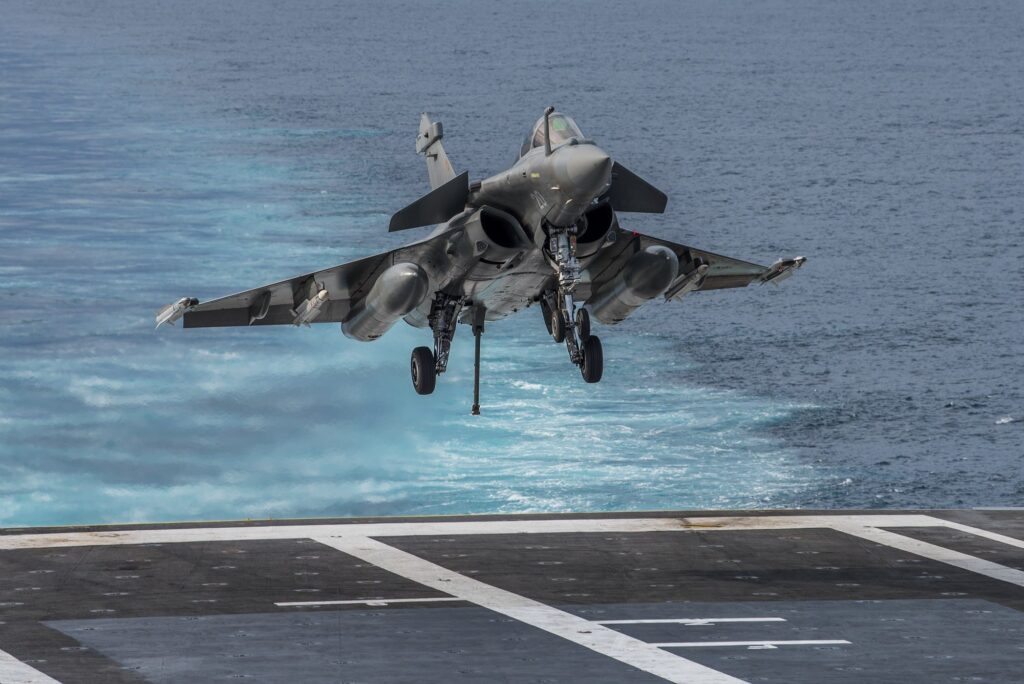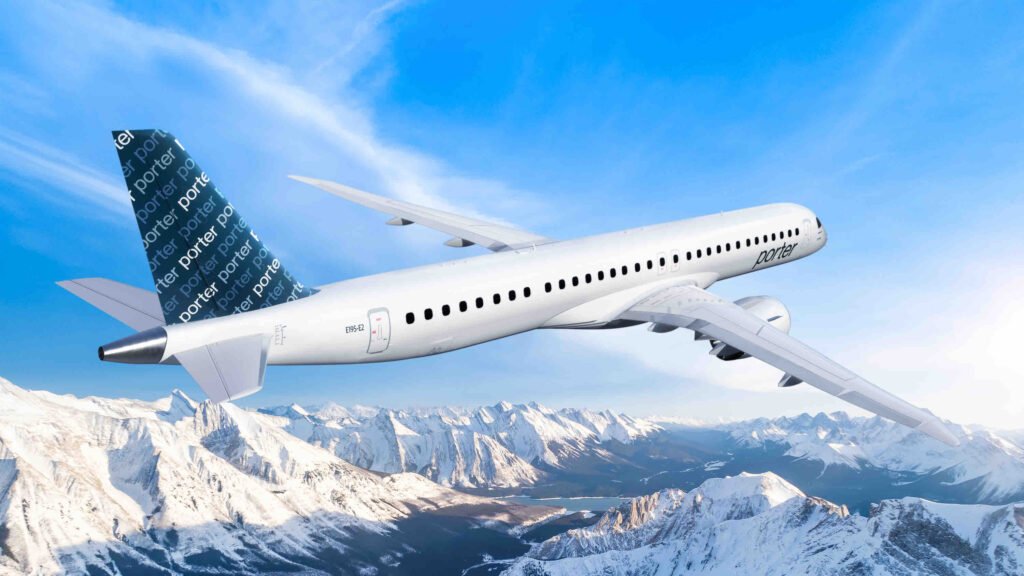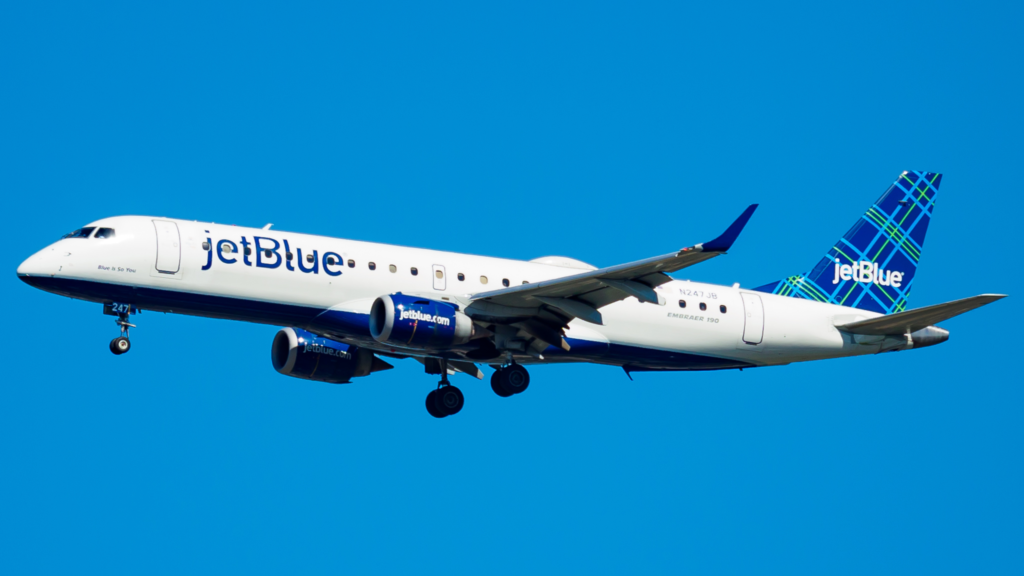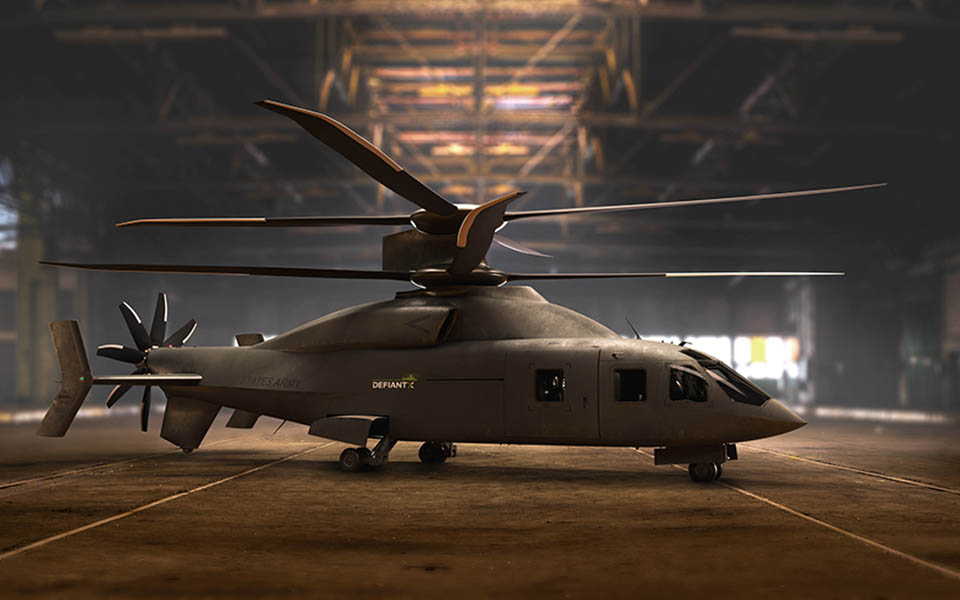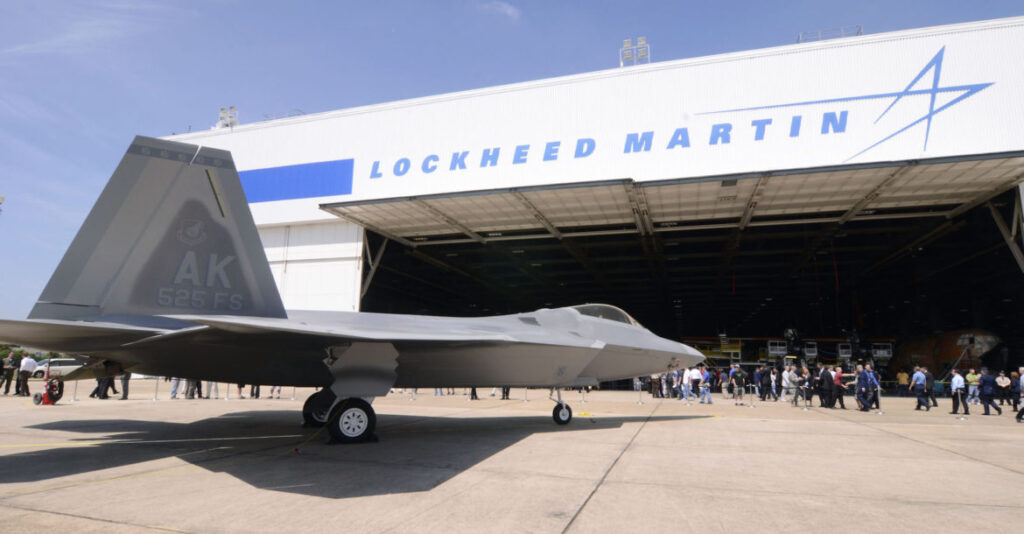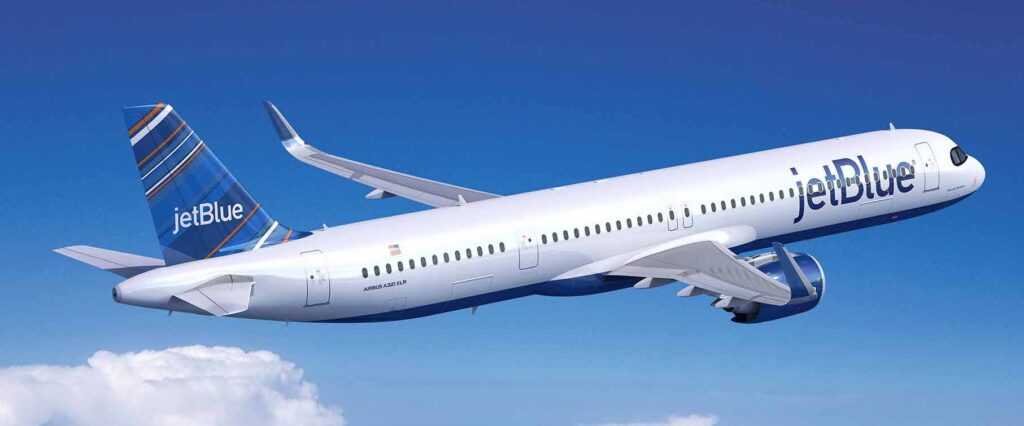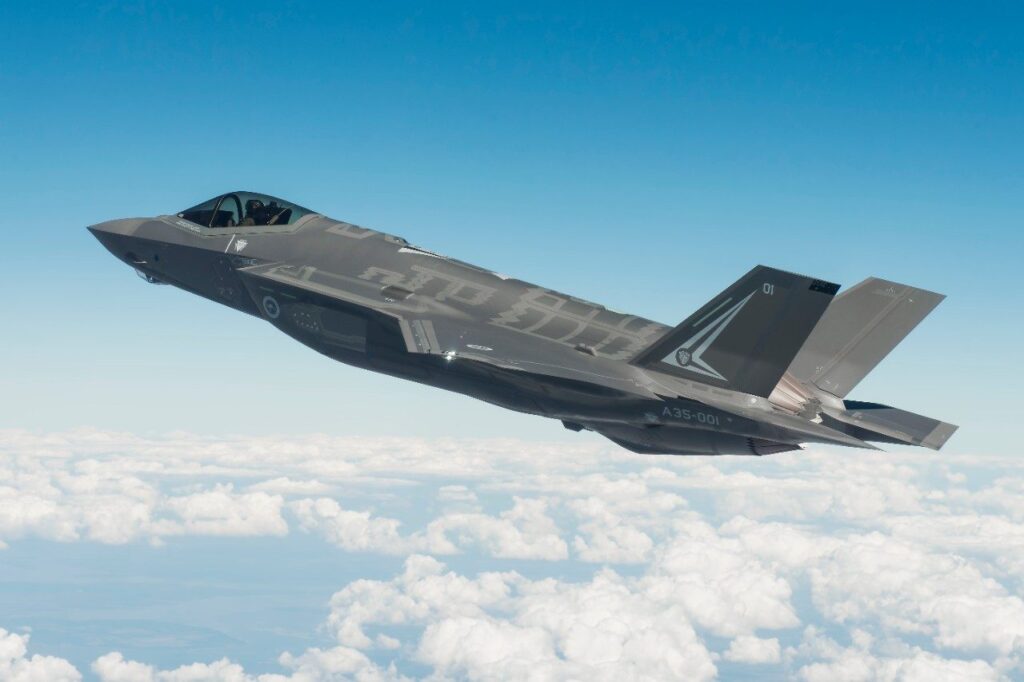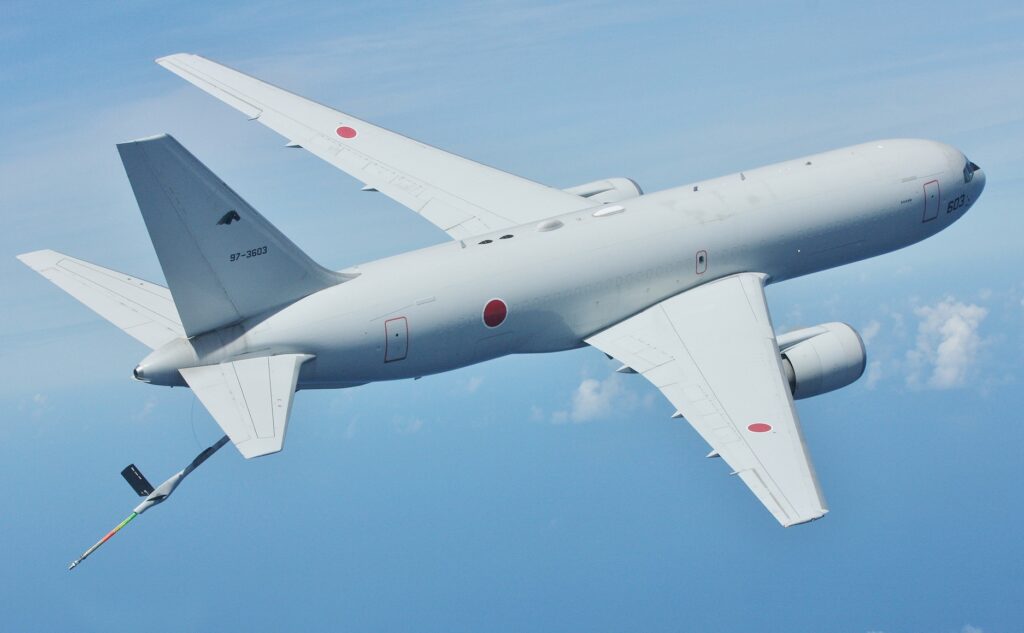Indian Government announce selection of Dassault Aviation Rafale to equip Indian Navy
(Saint-Cloud, France, July 14, 2023) – The Indian Government announced the selection of the Dassault Aviation (OTC: DUAVF) Rafale to equip Indian Navy Navy Rafale to equip the Indian Navy with a latest-generation fighter following…
